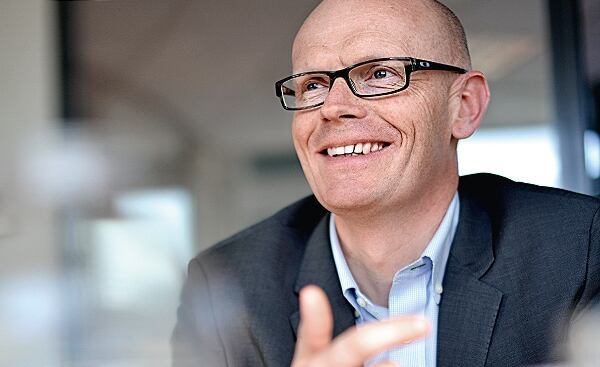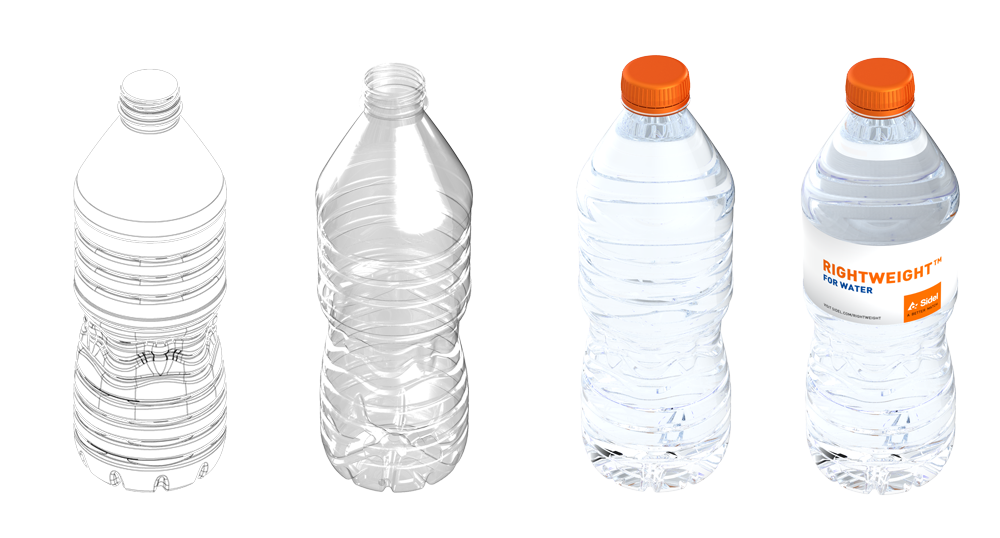Speaking to FoodProductionDaily, Vincent Le Guen, VP, Packaging and Tooling, Sidel, said Africa and South and East Asia Pacific are developing markets where the potential beverage growth is tremendous, opening the door to the introduction of new beverages and consumer experiences.
Increased design freedom & enhanced aesthetics

“This year we are changing the way we manufacture bottles from simple high pressure blowing to “blow and form,” which uses lower pressure that allows increased design freedom with enhanced aesthetics and improved stability,” he said.
“Adding interactivity and traceability to the package is an important trend. We must also improve convenience for end users to make PET packaging the most user-friendly option (easy to open, easy to store, etc.). We believe that providing high quality and functional products is the way to success.”
Sidel launched a RightWeight 0.5 litre bottle for still water two years ago that weighs 7.95g. It claimed at the time, the increased resistance of the bottle eliminates the 'over squeeze' issue experienced by consumers when they use ultra-light bottles.
Lightweighting is the goal of many manufacturers
Increased resistance also makes it easier for consumers to unscrew the cap and open the bottle. The 7.95g bottle represents 34% less weight than the average commercial bottle.

“For many years, lightweighting has been the goal of many manufacturers around the world. The technique has enabled them to enjoy savings in resources, energy and transport costs by using less packaging,” added Le Guen.
“With so much of the protective packaging removed, certain challenges have arisen because lightweight bottles have not had the strength or rigidity to withstand the pressures of transportation or consumer use.
“Since we have been aware of the potential impact of lightweighting on brand value and the consumer experience, Sidel has been working on a concept that offers all of the lightweighting advantages with none of the drawbacks.
“This concept is RightWeight, and it allows lightweighting without compromising performance across all packaging categories and sizes, regardless of the filling technology- even in hot fill.”
Le Guen said PET is currently the most sustainable material for liquid packaging, offering full close loop ability (bottle to bottle).
